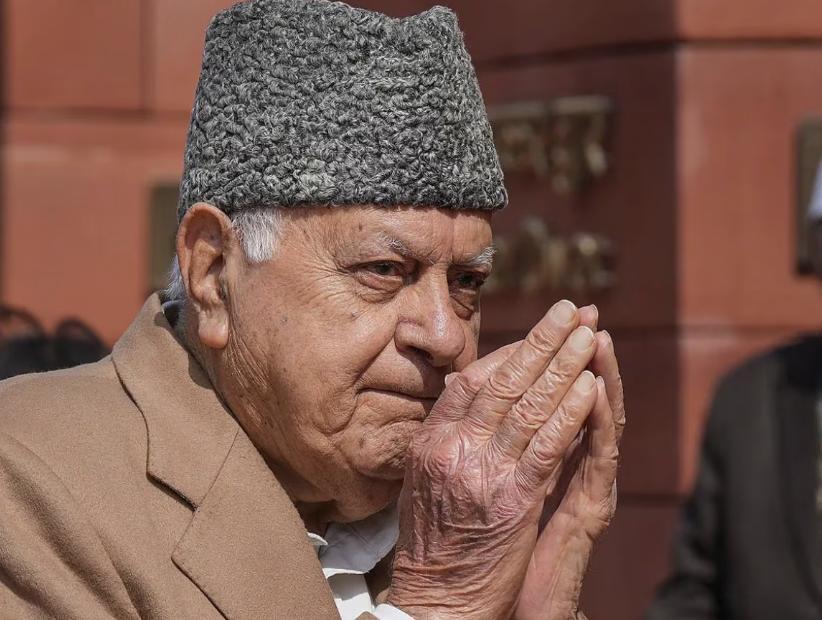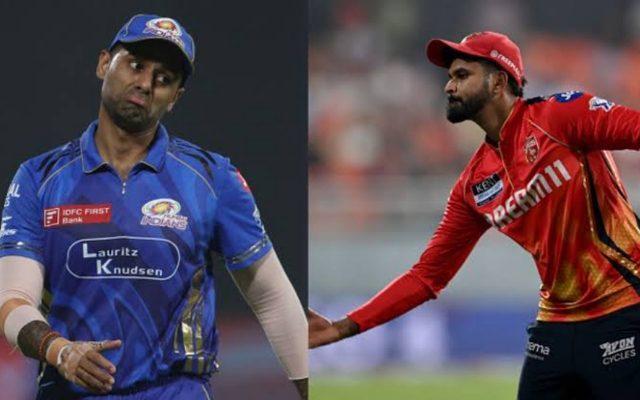
Ex-R&AW chief Dulat claims Farooq privately backed Article 370 abrogation, he denies
The abrogation of Article 370, which granted special status to Jammu and Kashmir, has been a contentious issue in India for years. The move, which was taken by the Narendra Modi-led government in 2019, has been widely criticized by many, including former Chief Minister of Jammu and Kashmir, Farooq Abdullah. However, in his new book “The Chief Minister and the Spy”, former R&AW chief AS Dulat has made a shocking claim that Abdullah privately backed the abrogation of Article 370.
According to Dulat, Abdullah’s National Conference (NC) suggested that the abrogation of Article 370 would have helped in passing the Bill. Dulat claims that he had a conversation with Abdullah, where the latter expressed his support for the move. However, Abdullah has vehemently denied these claims, calling them a “figment of imagination” and stating that Dulat’s account is not true.
The controversy surrounding Dulat’s book has raised many questions, not least of which is whether Abdullah did indeed privately back the abrogation of Article 370. While it is impossible to know for certain without further evidence, Dulat’s claims have sparked a heated debate about the nature of Abdullah’s support for the move.
For his part, Dulat claims that he had a conversation with Abdullah in 2019, where the latter expressed his support for the abrogation of Article 370. According to Dulat, Abdullah told him that the NC would not oppose the move and that it would actually help in passing the Bill. Dulat claims that he was surprised by Abdullah’s comments, given the opposition that the National Conference had previously expressed to the idea of repealing Article 370.
However, Abdullah has denied Dulat’s claims, stating that they are entirely fabricated. In a statement, Abdullah’s spokesperson said that the former Chief Minister had never expressed support for the abrogation of Article 370 and that Dulat’s account was “a figment of imagination” of the author who claims to be his friend.
The controversy surrounding Dulat’s book has raised many questions about the nature of Abdullah’s support for the abrogation of Article 370. While Dulat’s claims have sparked a heated debate, it is impossible to know for certain without further evidence. Regardless, the controversy serves as a reminder of the complex and contentious issue that the abrogation of Article 370 has become.
In the months leading up to the abrogation of Article 370, there were rumors that Abdullah’s National Conference was considering supporting the move. However, these rumors were quickly dismissed by the party, and Abdullah himself publicly opposed the idea of repealing Article 370.
Despite the controversy surrounding Dulat’s claims, it is clear that the abrogation of Article 370 was a contentious issue that was hotly debated in the months leading up to the move. While some, like Dulat, argue that the move was necessary to bring development and prosperity to Jammu and Kashmir, others, like Abdullah, argue that it has been a disaster for the region and has led to a loss of autonomy and identity.
Regardless of one’s views on the issue, it is clear that the abrogation of Article 370 has had far-reaching consequences for Jammu and Kashmir and for the entire country. The move has sparked a heated debate about the nature of federalism in India and the role of the central government in the affairs of the country’s constituent states.
In conclusion, the controversy surrounding Dulat’s book has sparked a heated debate about the nature of Abdullah’s support for the abrogation of Article 370. While Dulat claims that Abdullah privately backed the move, Abdullah himself has denied these claims, calling them a “figment of imagination”. Regardless, the controversy serves as a reminder of the complex and contentious issue that the abrogation of Article 370 has become.
Source: https://repository.inshorts.com/articles/en/PTI/5880e3bf-0a05-40d6-887a-465b5c760b3a






